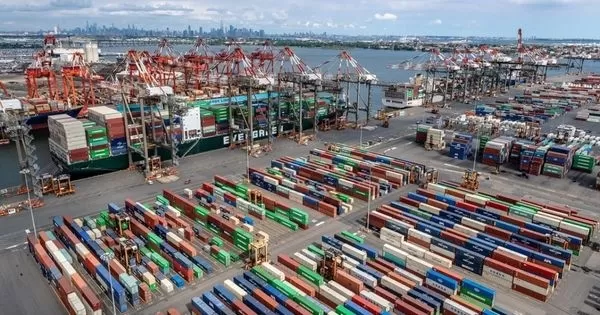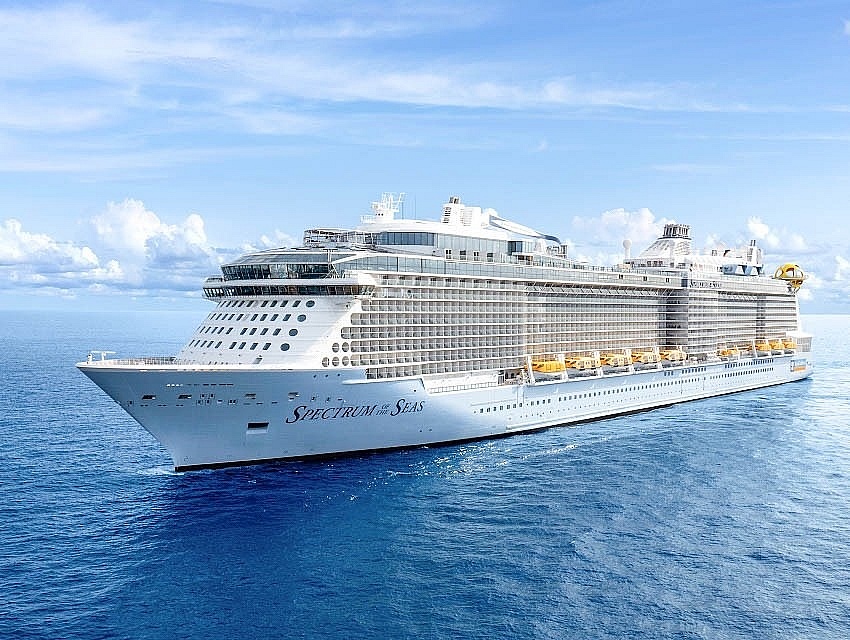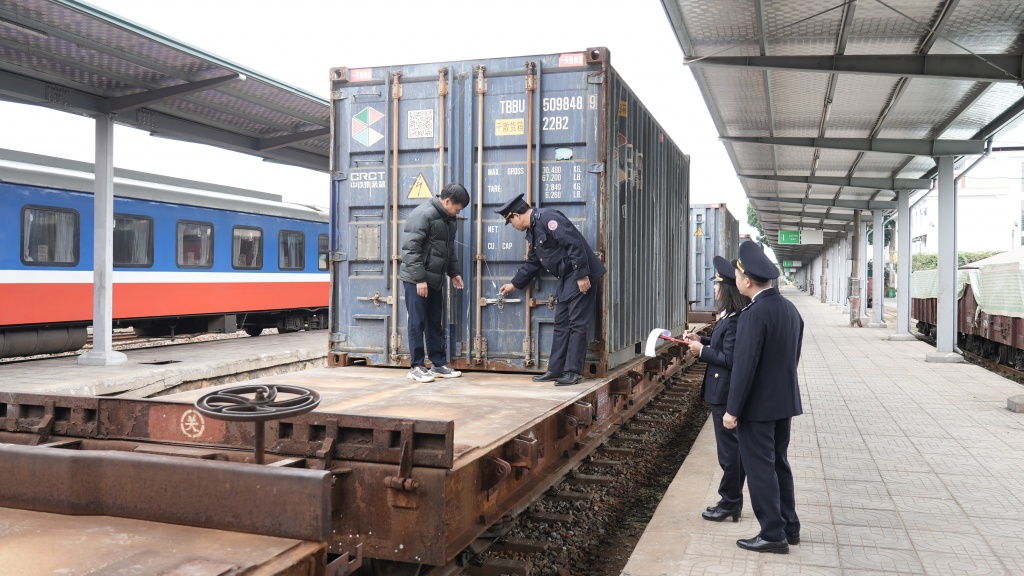Shippers’ concerns grow as US East Coast Port Federation threatens strike
Labor negotiations at ports on the U.S. East Coast and Gulf Coast are a potential new risk for retailers, manufacturers and shippers already grappling with longer shipping times and higher costs.

The International Longshoremen’s Association (ILA) contract, which covers 45,000 stevedores at 30 ports from Maine to Texas, expires Sept. 30. If a new deal is not reached by then, the union could call a strike that would coincide with peak cargo season and a crucial period in President Joe Biden’s bid to stay in office.
On Monday, the ILA canceled plans to begin talks this week with the U.S. Maritime Alliance, citing a union member’s violation of previous agreements on automated port technology.
ILA President Harold Daggett had previously warned that union members would strike if a deal was not reached before the current contract expires. He has warned local workers at key trade hubs like New York/New Jersey and Houston to be ready to strike on Oct. 1, union representatives said.
While strikes by port workers are not common in the United States, the noise and concerns over contract negotiations have kept the story tense. That’s because any slowdown or shutdown would affect the flow of billions of dollars of goods ranging from food and medicine to furniture and factory equipment.
Meanwhile, on the West Coast, Port of Los Angeles CEO Gene Seroka said on June 12 that the ILA had not made any unusual moves this week. “In these types of negotiations, there is a break and a resumption of negotiations every now and then,” he said.
Ports on the East Coast and the Bay Area had a slight edge over West Coast ports in May. That’s when Vincent Golebiowski, global supply chain director for handbag brand Tapestry, told Reuters he was focused on ensuring that his goods would not be delayed by the suspension of shipments through the Suez Canal due to attacks by Houthi rebels in the Red Sea.
This week’s strike warnings from the ILA will surely make shippers like Golebiowski think more about other supply chain risks in the coming months.
Source: Phaata.com (According to Reuters)






